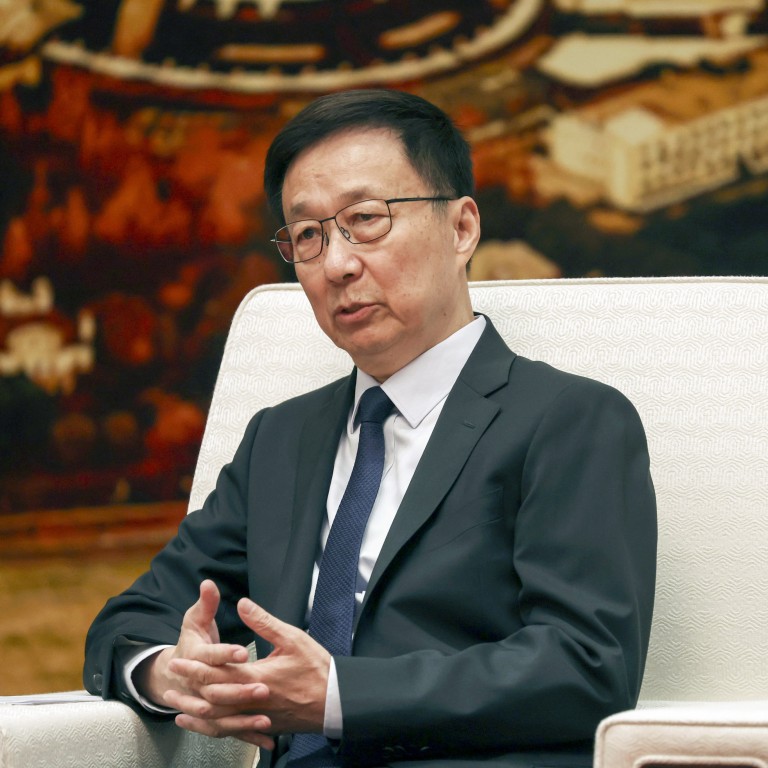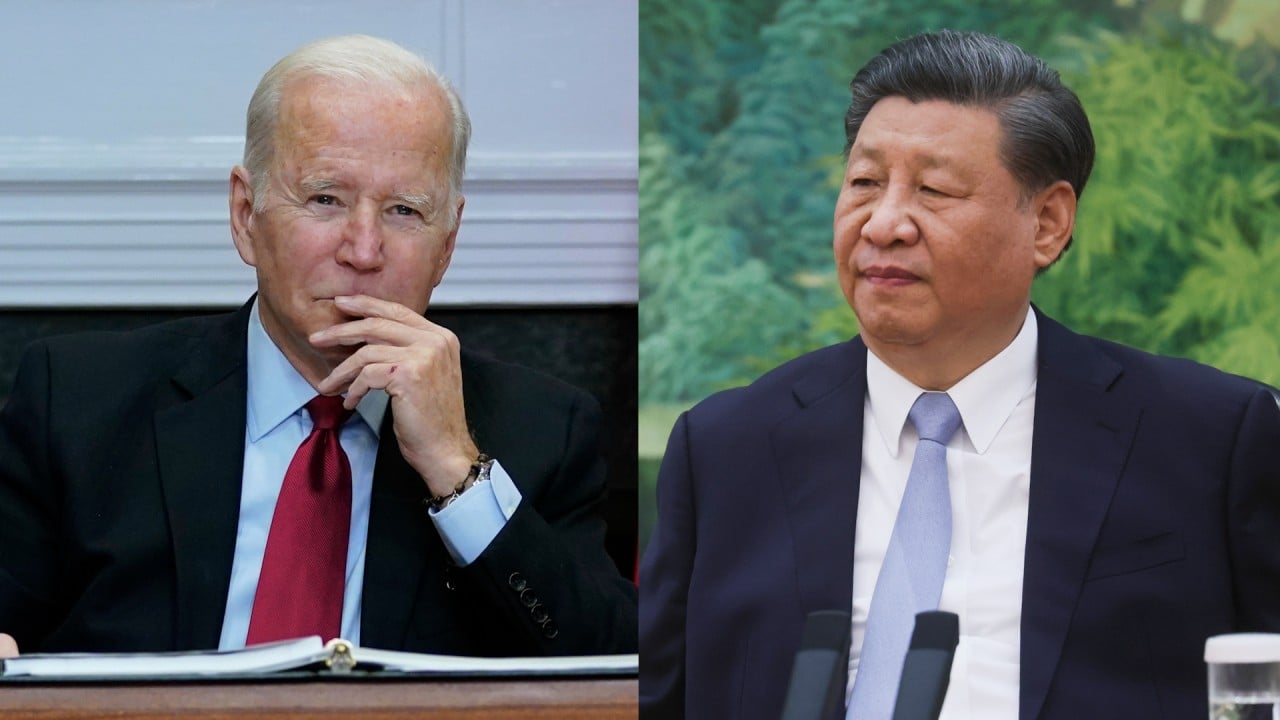
China to send Vice-President Han Zheng to UN General Assembly – not top diplomat Wang Yi
- Han, whose role is largely symbolic, will take part in UN’s annual policymaking sessions in New York
- Foreign Minister Wang Yi could still make separate US trip as Beijing and Washington officials pave way for possible Xi-Biden summit
Foreign ministry spokeswoman Mao Ning confirmed on Friday that Han would represent China at the intergovernmental body’s annual policymaking sessions, which starts on September 19.
Mao said Han would attend the assembly’s general debate and hold talks with the UN secretary general, the assembly’s president and leaders of “relevant countries”.
Russia’s foreign ministry said on Wednesday that Wang would visit Moscow on Monday for talks with his Russian counterpart Sergey Lavrov.
While Wang might still make a separate trip, the decision to dispatch Han to the UN meeting rather than the top diplomat has sparked some questions.
China’s top diplomat Wang Yi is best hope for Xi-Biden meeting: analysts
A largely symbolic and nominal role, Han’s duties include representing the country at ceremonies and events overseas and receiving foreign guests in China.
According to China’s constitution, the vice-president is supposed to “assist the president in his work” and “exercise such functions and powers of the president as the president may entrust to him”.
Han’s visit is seen as part of mutual efforts to prepare for Chinese President Xi Jinping’s possible attendance at the Asia-Pacific Economic Cooperation summit in San Francisco in November, as well as a potential meeting with US President Joe Biden on the sidelines of the summit to stabilise ties.
Raimondo described her visit as a “big step forward” for fraught bilateral relations, with new communication mechanisms set up for Chinese and US officials and business representatives to meet twice a year.


